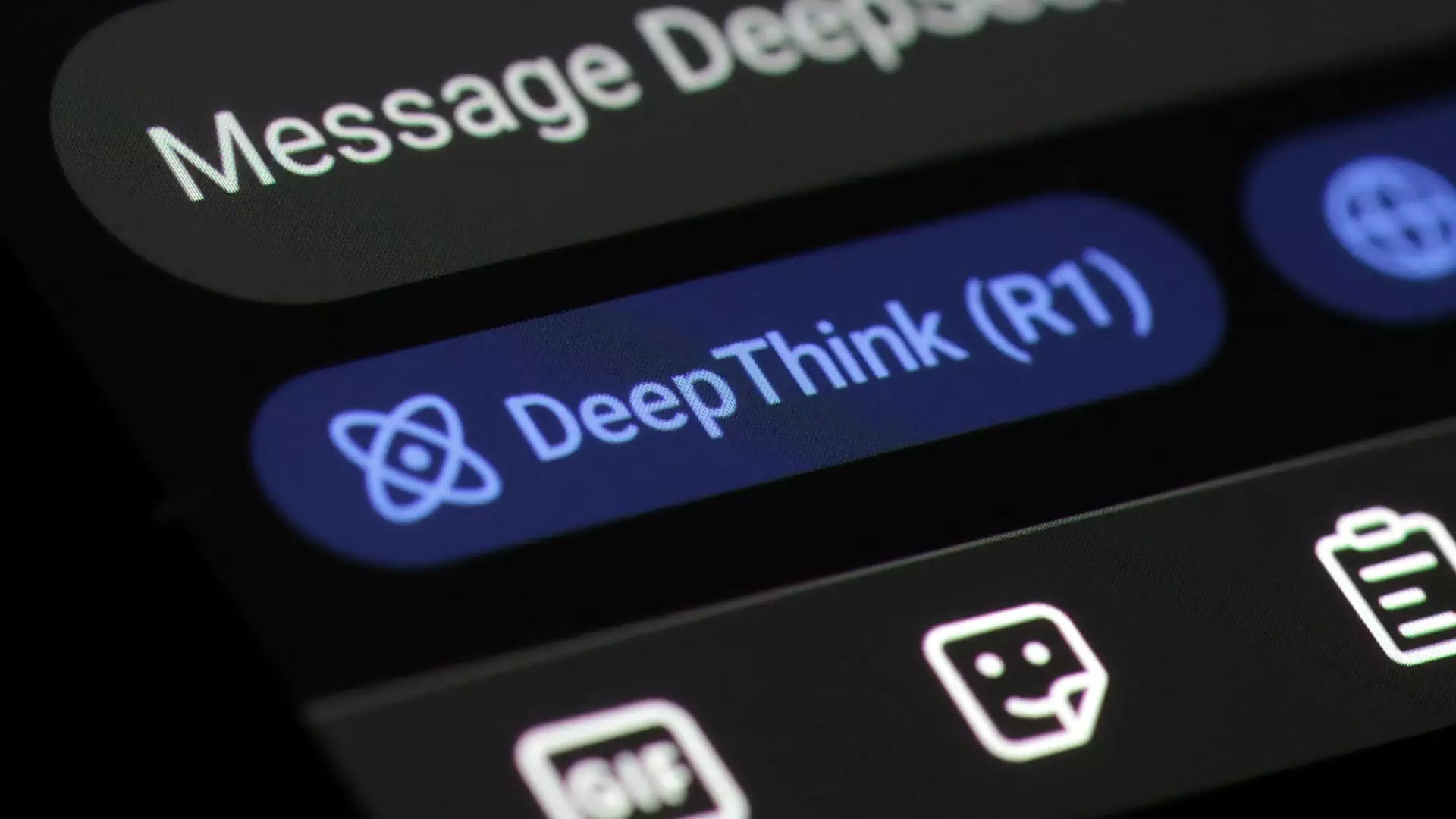In a recent statement, Singapore’s Ministry of Trade and Industry (MTI) has conveyed the importance of strict adherence to U.S. export controls among American firms operating in the region. This announcement follows the significant revelations regarding DeepSeek, an AI company that claims its large language model is not only superior to that of OpenAI but also significantly less expensive to train. As the excitement of technological advancement engulfs the market, it has been overshadowed by serious inquiries into the chip origins used to power DeepSeek’s innovative AI capacities.
DeepSeek’s assertions have sent ripples through the tech industry, creating both anticipation and skepticism. The claim of outperforming a leading AI model promises a transformative leap in artificial intelligence. However, skepticism arose concerning the semiconductors’ compliance with U.S. restrictions designed to prevent the proliferation of advanced technologies to entities in China. As reports surfaced about potential investigations into DeepSeek’s procurement of Nvidia chips through third-party channels in Singapore, a sense of uncertainty began to cloud the company’s advancements, prompting Singaporean regulators to take a firm stance.
In its statement, the MTI underscored the necessity for U.S. companies to abide by not only U.S. export regulations but also local laws. This reflects a clear message that any breaches will be met with stringent scrutiny. The ministry emphasized its commitment to the rule of law, indicating a proactive approach to collaborating with U.S. authorities to ensure compliance. This stance is particularly important as Singapore positions itself as a critical hub for international business, ultimately fostering innovation within the frameworks of legality and ethical responsibility.
Nvidia, a leading chip manufacturer, has crucial operations in Singapore, accounting for a notable portion of its revenue. Yet, the company has asserted that its shipments related to Singapore are often diverted to other destinations, complicating the narrative surrounding the use of its products in DeepSeek’s operations. By clarifying that DeepSeek’s procurement does not breach existing export restrictions, Nvidia aims to mitigate the regulatory concerns that have emerged in the wake of its technological developments.
As a central player in the global trade ecosystem, Singapore’s role is pivotal in navigating the complex regulatory landscape of semiconductor exports. The country’s strategic positioning has attracted numerous U.S. and European enterprises, all taking advantage of its robust trade infrastructure. However, with rising tensions surrounding AI advancements, the necessity for clear communication and thorough compliance measures has never been more critical. The incident with DeepSeek serves as a reminder that while innovation drives industry, it must not come at the cost of regulatory integrity and compliance.
The fusion of groundbreaking technological advances and stringent regulatory frameworks calls for careful navigation. As Singapore continues to be a conduit for international trade, the collaboration between local agencies and U.S. counterparts will play a significant role in ensuring the ethical development of AI technologies, fostering a healthier environment for innovation while adhering to global standards.


Leave a Reply